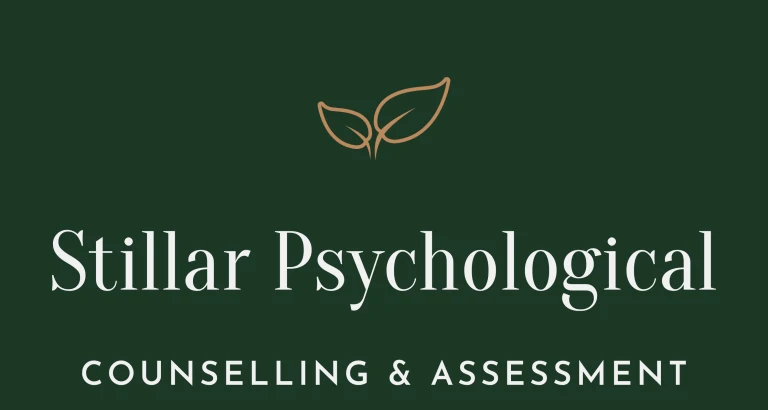The arrival of a new baby is often painted in strokes of joy and fulfillment, but for some mothers, this picture is overshadowed by the heavy clouds of postpartum depression (PPD). Recognizing the importance of postpartum depression therapy early on can illuminate the path to recovery, helping navigate through this challenging phase with understanding and safeguarding perinatal mental health.
What Is Postpartum Depression?
Postpartum depression emerges as a complex condition marked by emotional, physical, and behavioral changes after childbirth. It significantly differs from the more commonly known “baby blues” by its severity and duration, deeply affecting a mother’s ability to connect with her baby and perform daily activities. This makes understanding and addressing PPD crucial for affected families.
Symptoms of Postpartum Depression
The tapestry of postpartum depression is woven with various symptoms that can deeply affect a woman’s emotional and physical well-being. Imagine a persistent shadow of sadness that doesn’t lift with the new dawn, where joy seems like a distant memory rather than a present reality. This shadow might bring intense feelings of emptiness, anxiety, or an overwhelming sense of inadequacy, making the new mother feel disconnected from her baby and unable to bond as she had hoped.
Physical signs also point to this condition, such as big changes in eating habits or weight, trouble sleeping, and feeling tired. Everything might feel slower, and everyday tasks become very hard to do. It gets tough to focus and make decisions, making even small choices seem like big challenges.
Perhaps most alarmingly, PPD can usher in dark thoughts of harm toward oneself or the baby, casting a pall over what is supposed to be a nurturing and safe environment. These symptoms underscore the urgency of seeking postpartum depression therapy, not only for the well-being of the mother but for the entire family unit.
Causes of Postpartum Depression
The roots of PPD can be elusive, intertwining physical changes like hormonal fluctuations post-delivery with emotional factors such as the stress of new parenthood. Add to this a backdrop of possible pre-existing mental health issues, strained relationships, or financial worries, and the stage is set for postpartum depression to emerge. The complexity of these causes reflects the need for a multifaceted approach to treatment and support.
Treatments for Postpartum Depression
After understanding postpartum depression (PPD), here are several treatments offering a variety of ways to tackle this difficult condition effectively.
Therapy
Therapeutic interventions, especially cognitive-behavioral therapy (CBT) and interpersonal therapy (IPT) stand as beacons of hope, guiding mothers through the fog of PPD. These therapies offer strategies to manage negative thoughts, address relationship dynamics, and build a supportive network, essential steps on the path to recovery.
Medication
For some, medication may be a key component of their treatment plan, offering chemical support to rebalance the brain’s neurotransmitters. Antidepressants, while a significant decision, especially for breastfeeding mothers, can be a lifeline when used under careful medical supervision.
Support Groups
Within the shared stories of support groups, mothers find echoes of their own experiences, validating their feelings and offering communal wisdom and coping strategies. These groups foster a sense of belonging and understanding, which are critical elements in the healing process.
Self-care
The journey to recovery also travels through the landscape of self-care, where adequate rest, nutrition, and personal time are not luxuries but necessities. These acts of self-care are foundational, supporting mental health as much as physical well-being.
Heal with Us Through Therapy
If you or someone you know is struggling with postpartum depression, it’s essential to seek help. Early intervention and the right postpartum depression therapy can make a significant difference in recovery.
The depression specialists at Stillar Psychological are dedicated to providing compassionate, individualized care to support mothers on their journey to wellness. Remember, seeking help is a sign of strength, not weakness, and the first step toward healing and enjoying this new chapter of life.





















